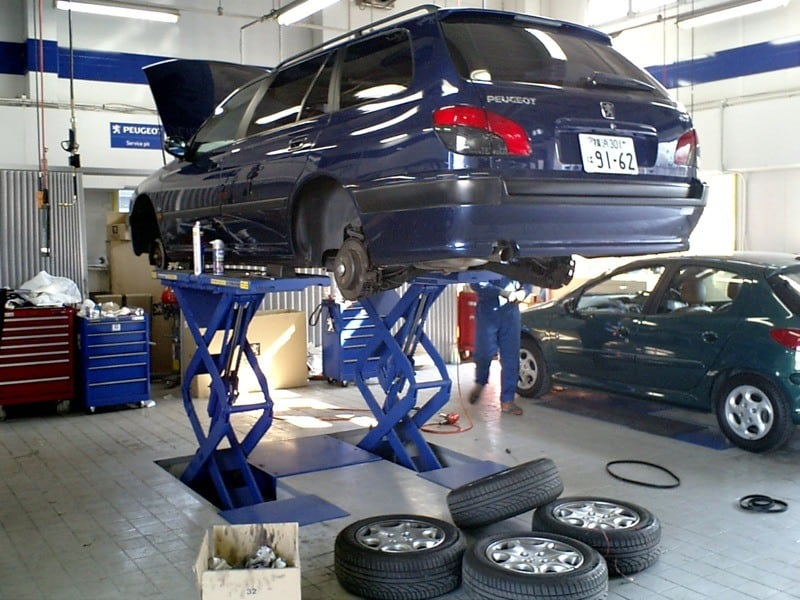Automotive industry: A driving force of innovation and progress
The automotive industry has been at the forefront of innovation and progress for over a century. From the invention of the automobile to the implementation of advanced technologies, this industry has continuously evolved to meet the changing needs and demands of its customers. In this article, we will explore the various aspects that make the automotive industry an important force driving economic growth and technological advancements.
First and foremost, the automotive industry plays a significant role in the global economy. It is one of the largest industries worldwide, employing millions of people and generating significant revenue. According to the International Organization of Motor Vehicle Manufacturers (OICA), over 90 million motor vehicles were produced globally in 2019. The industry’s economic impact extends beyond the manufacturing sector, as it creates jobs in various related industries such as transportation, logistics, and marketing. Additionally, the sale of automobiles contributes to government revenue through taxation and plays a vital role in trade relations between countries.
Moreover, the automotive industry has been a catalyst for technological advancements. The development of new and improved automotive technologies has led to significant advancements in other sectors. One such example is the development of electric vehicles (EVs) and hybrid cars. The increasing demand for greener and more sustainable transportation has resulted in the rapid growth of electric vehicles. The introduction of EVs has not only reduced greenhouse gas emissions but has also opened avenues for the advancement of renewable energy technologies. This transition towards electric-powered vehicles has also spurred advancements in battery technology, which has far-reaching implications beyond the automotive industry.
Additionally, the automotive industry has been instrumental in the advancement of safety features in vehicles. Rapid advancements in technologies such as advanced driver-assistance systems (ADAS) and autonomous driving have made driving safer than ever before. Features such as collision detection, lane departure warnings, and adaptive cruise control have significantly reduced the number of accidents and fatalities on the roads. Furthermore, the development of autonomous vehicles has the potential to revolutionize transportation by reducing congestion and increasing efficiency.
Furthermore, the automotive industry has not just focused on improving the mechanics of vehicles, but it has also made significant strides in enhancing the overall user experience. The integration of infotainment systems, connectivity features, and smart technologies has made driving more convenient and enjoyable. Modern vehicles now offer features such as voice recognition, intuitive touchscreens, and smartphone integration. These developments have not only improved the driving experience but have also paved the way for the implementation of smart city technologies and the Internet of Things (IoT) in the automotive industry.
In conclusion, the automotive industry has proven to be a driving force of innovation and progress. Its significant contributions to the global economy, technological advancements, and improved safety and user experience have propelled it to the forefront of various sectors. As we move towards a more sustainable and connected future, it is clear that the automotive industry will continue to shape and redefine our world.





